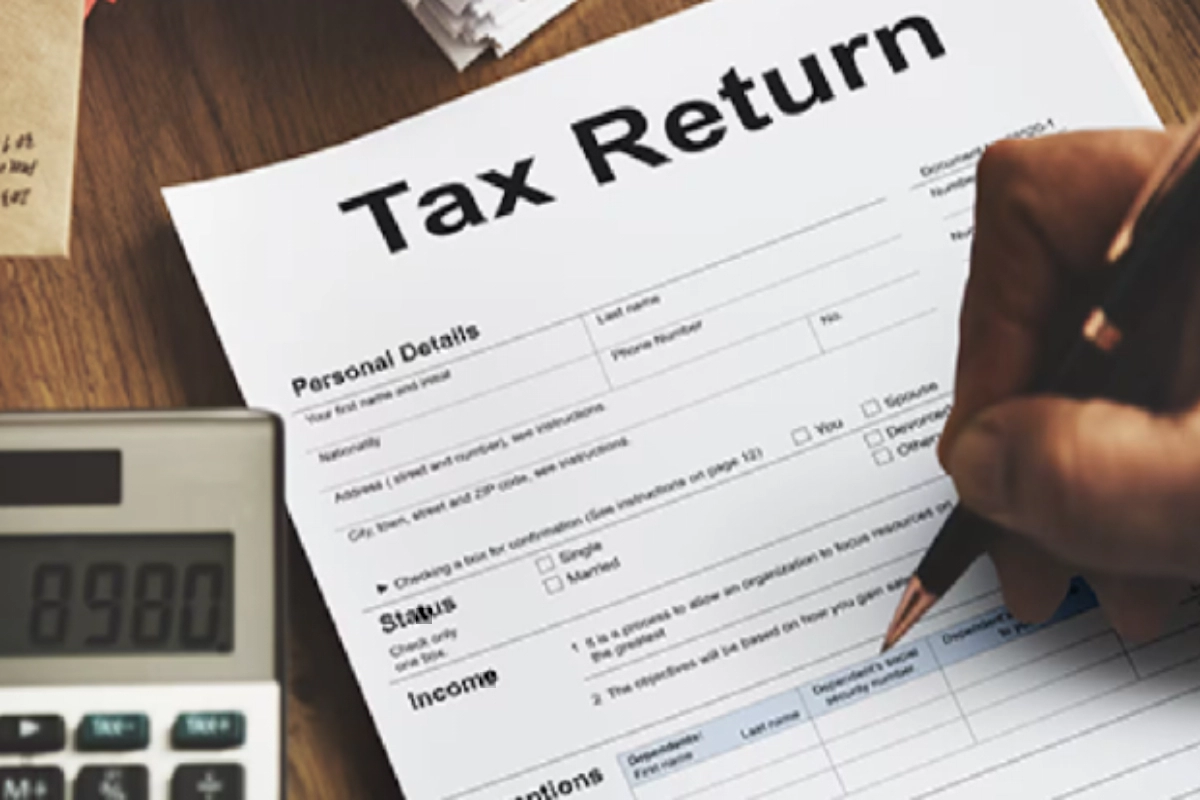Income Tax News: Many professionals in India have opted to work for themselves. Professionals who work for themselves must also pay taxes, which are classified as Profits & Gains of Business & Profession. These days, freelancing is more profitable because income tax in India is very advantageous for independent contractors, offering numerous tax benefits and opportunities for savings.
Distinct Tax Filing Paths
In India, the procedure for filing an income tax return for independent contractors differs slightly from that for salaried workers. It is required of consultants and freelancers to complete and submit an ITR-3 or ITR-4. Income from a business or profession is subject to ITR-3. Professionals can choose presumptive taxation starting in AY 2017–18 (FY 2016–17) and file an ITR-4 declaring 50% of their gross receipts as income.
Mandatory Filing Criteria
Taxpayers are required to file tax returns if their total income for the relevant fiscal year exceeds the basic exemption limit, which is INR 2.5 lakhs for FY 2022–2023. The tax rates would not change from those for salaried workers.
Essential Personal Information
When filing the tax return, the taxpayer should have the following information on hand. Personal data like an address, phone number, bank account information, Aadhaar, etc. Information about total revenues, outlays, additional earnings, qualified tax-saving investments made during the year, and any tax audit report that may have been filed. Financial details include capital balance, assets (both domestic and foreign), bank balances, cash balances, debtors, creditors, loans, advances, and any other liabilities.
To obtain tax dedication as a freelance professional
- Section 80CCD:- Tax deductions are available to individuals who invest in Central Government schemes.
- Section 80CCF:- Tax benefits are available for investments made in government-specified infrastructure bonds.
- Section 80DD:- A maximum tax deduction of Rs 1.5 lakhs is available to qualified independent contractors for the treatment costs of an assessee’s disabled dependent.
- Section 80D:- There is a tax deduction available for health insurance premium payments.
- Section 80G:- Contributions to charities are eligible for a tax deduction.
- Section 80E:- Tax deductions are available to individuals for interest paid on student loans.
Keep watching our YouTube Channel ‘DNP INDIA’. Also, please subscribe and follow us on FACEBOOK, INSTAGRAM, and TWITTER











